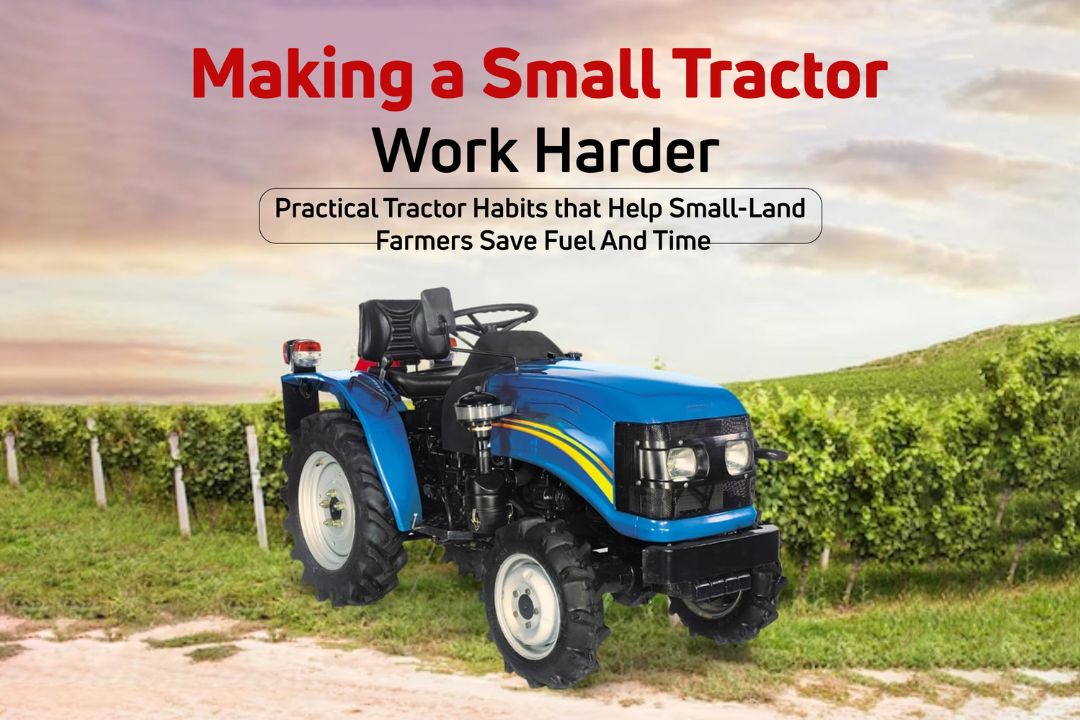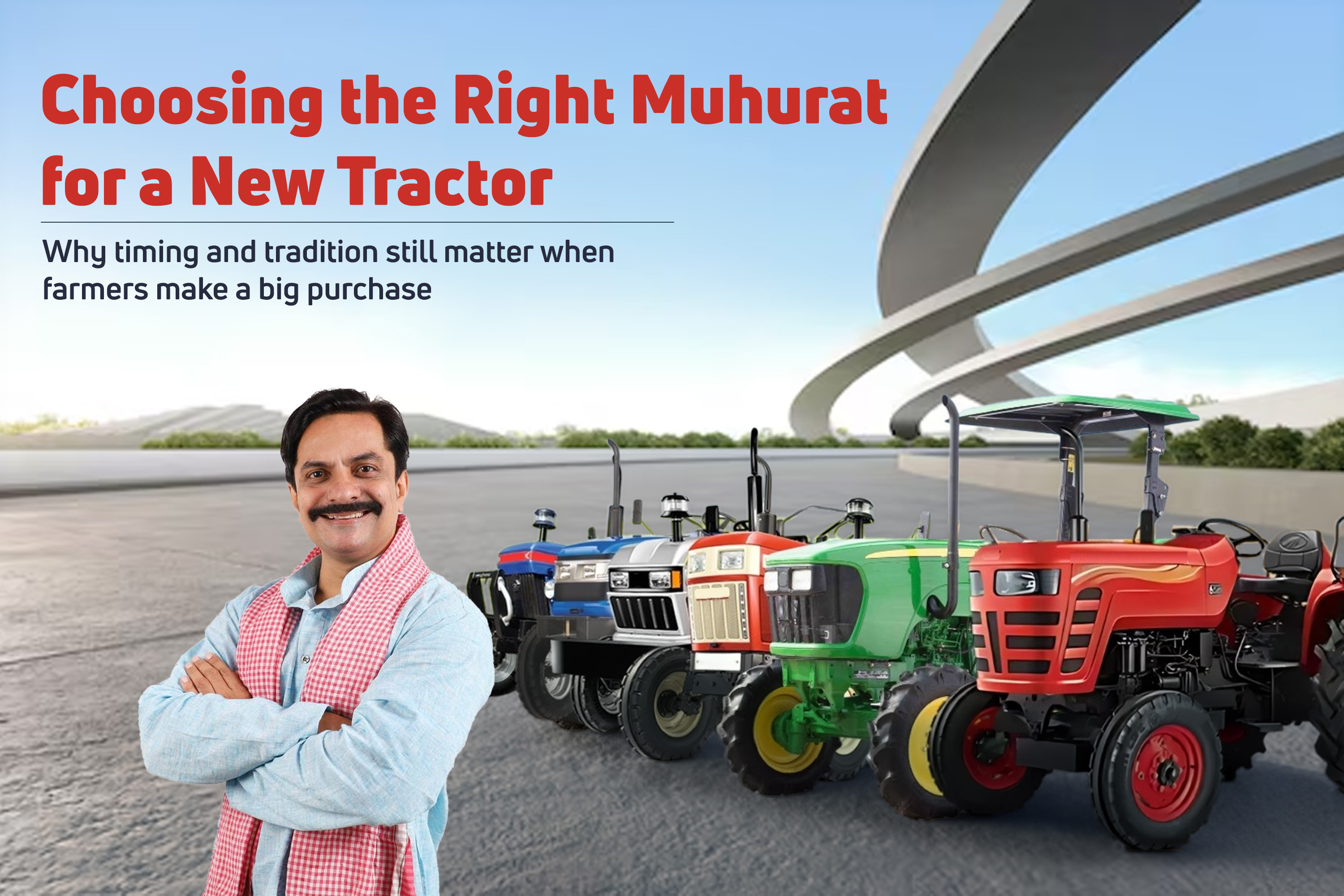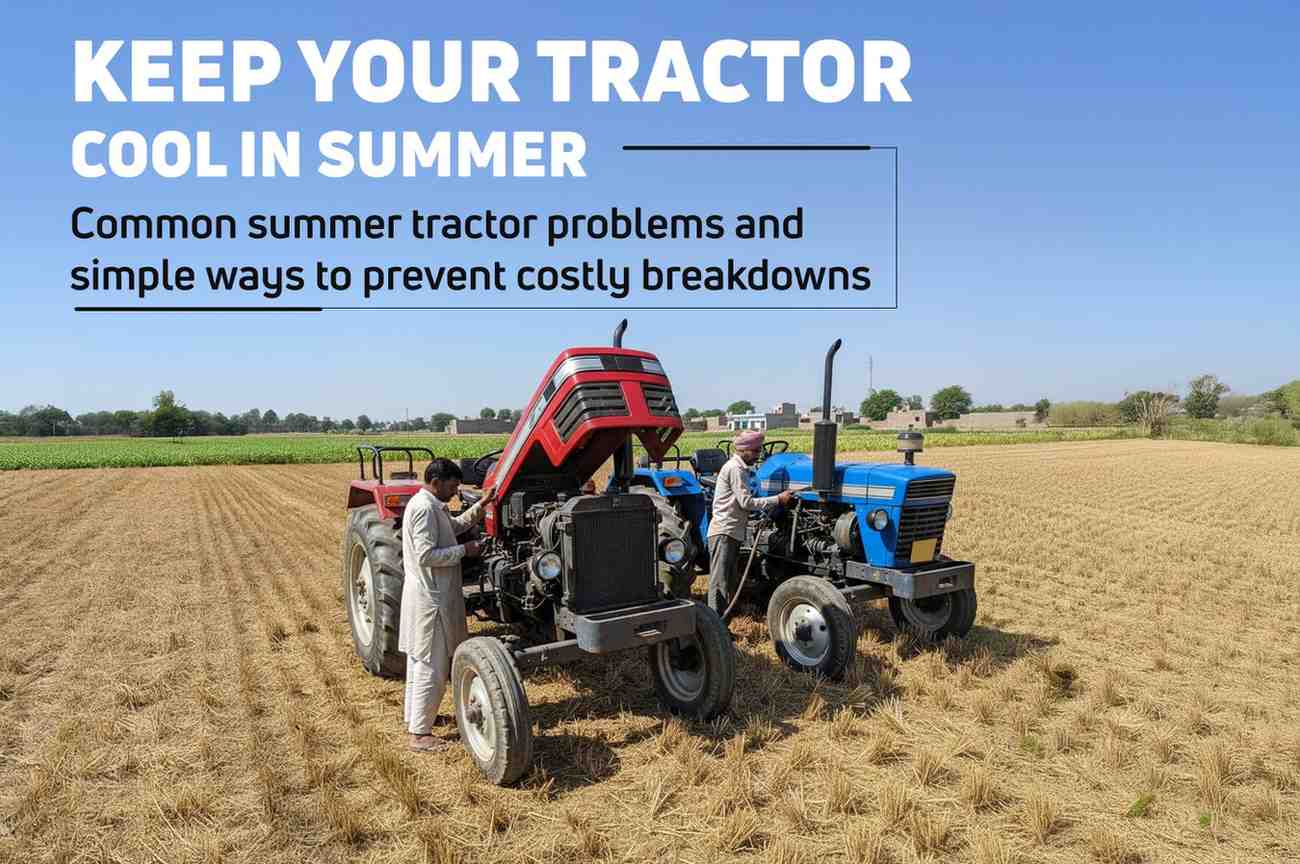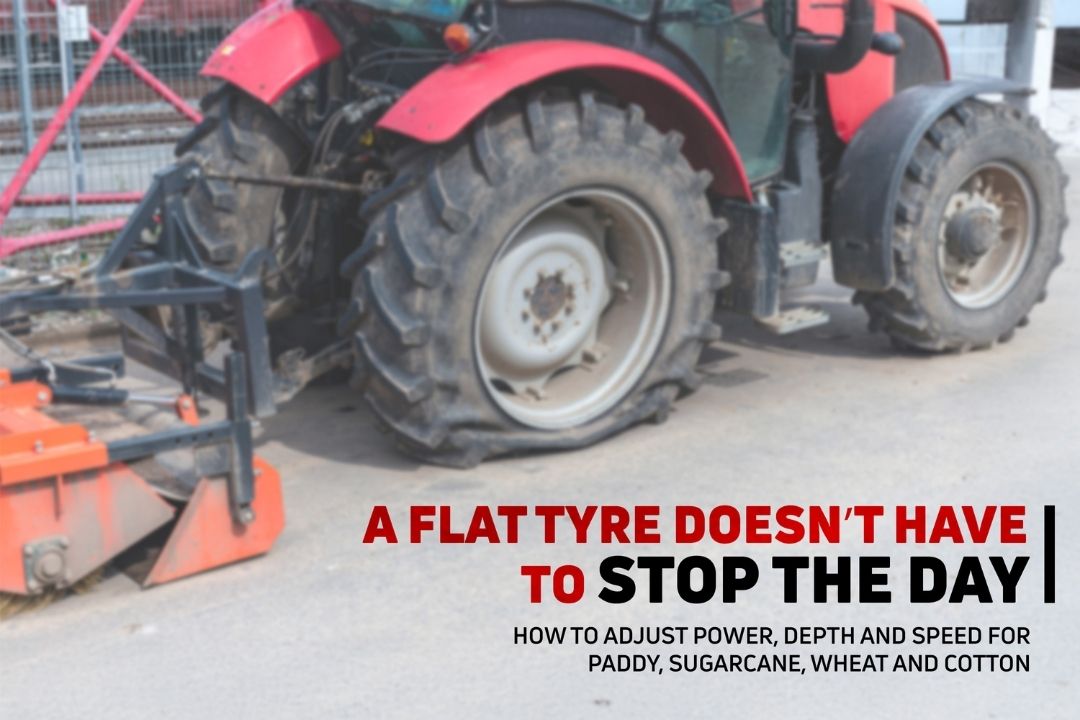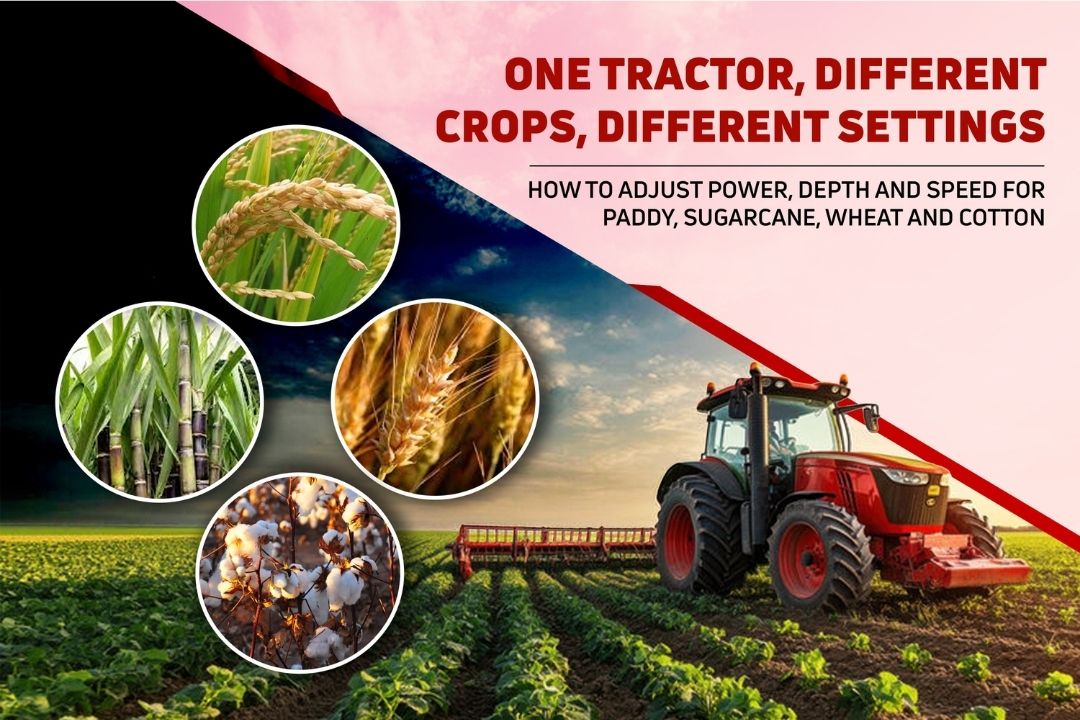
What are CC and HP in Tractor Engines: A Complete Guide
When you’re looking to buy a tractor, you’ll see terms like CC and HP. These terms might seem complicated, but they’re really important for understanding what the tractor can do. Let’s explain what they mean and how they affect your choice.
What is CC?
CC means Cubic Capacity. It tells you how much air and fuel an engine can handle in one go. Basically, it’s the size of the engine’s cylinders. A higher CC usually means a bigger engine that can make more power.
| How is CC measured | CC is measured in cubic centimeters (cc) |
| Impact on performance | A higher CC often correlates with higher horsepower, but it’s not a direct proportionality. Other factors like engine design, compression ratio, and fuel injection system also play a significant role |
What is HP?
HP stands for Horsepower. It’s a unit of power that measures an engine’s ability to perform work. In simpler terms, it’s the engine’s strength. A higher HP means the tractor can handle heavier loads and tasks with greater ease.
| How is HP measured | Hp is measured in horsepower (hp) |
| Impact on performance | HP directly correlates with a tractor’s pulling power and its ability to handle different implements |
The Relationship Between CC and HP
CC and HP are connected but not the same thing. A bigger CC doesn’t always mean more HP. The actual horsepower depends on how efficient the engine is, its design, and other factors.
| Engine efficiency | How well the engine turns fuel into power |
| Engine design | Things like compression ratio, valve timing, and turbocharging affect horsepower |
| Other Factors | Fuel quality, air intake, and exhaust systems also affect horsepower |
Choosing the Right Tractor: CC vs HP
Choosing the right tractor depends on what you need it for. Here’s a simple guide:
| Light-duty tasks | For small jobs like moving light loads, mowing, or gardening, a tractor with low CC and HP is enough |
| Medium-duty tasks | For jobs like plowing, cultivating, and moving moderate loads, go for a tractor with mid-range CC and HP |
| Heavy-duty tasks | For big jobs like heavy plowing, harvesting, and using large tools, choose a tractor with high CC and HP |
Remember, while CC and HP are important, also consider things like fuel efficiency, transmission type, and hydraulic system capacity.
Besides CC and HP, other things affect a tractor’s performance:
| Torque | This measures how well the engine can pull heavy loads at low speeds, important for tasks like plowing and hauling |
| Transmission | The type (manual, semi-automatic, or automatic) affects how easy the tractor is to use and control |
| Hydraulic system | This determines how well the tractor can use attachments |
| Ground clearance | This is important for working on uneven ground |
| Fuel efficiency | This impacts the cost of running the tractor |
Also Read – Compact Tractor vs Utility Tractor? Choose which one is suitable for you
Conclusion:
Knowing about CC and HP is important when buying a tractor, but it’s just the start. Think about your specific needs and the different factors that affect tractor performance to make a smart choice.
